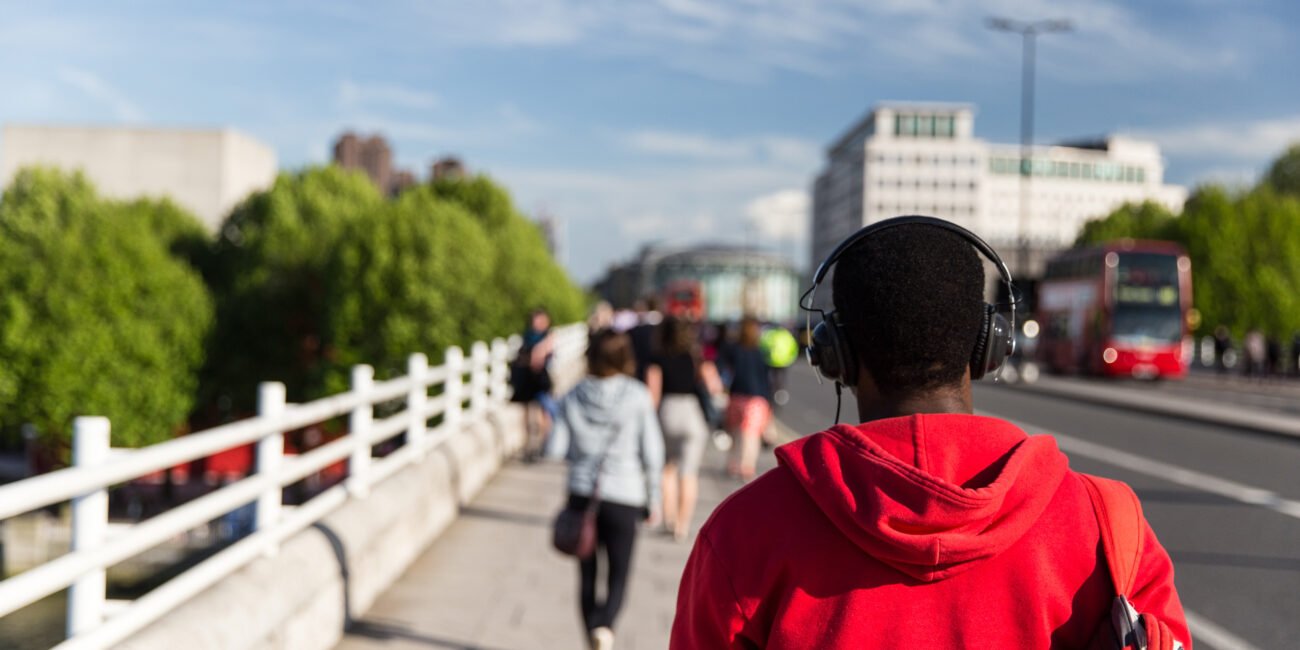“Why Do I Feel Lonely?” Understanding and Navigating Loneliness

Feeling lonely? You’re definitely not alone. Research shows that around a quarter (27%) of adults in Great Britain feel lonely always, often, or some of the time.
But what exactly is loneliness? Loneliness is a universal human emotion that arises when there is a gap between the quality and quantity of social connections we have, and those that we want (Perlman and Peplau, 1981).
For instance, we might desire having a friend to enjoy our free time with, crave a trusted person to confide in, or wish someone truly understood us.
Much like hunger signals we need to eat, loneliness urges us to connect in a way that fulfils us. How we bridge the gaps and feel satisfied with our social connections will vary depending on our needs, but there are lots of simple steps we can take to feel less lonely.
What causes loneliness?
Sometimes loneliness can sneak up on us. Other times, our loneliness might be triggered by something, such as moving home, changing jobs, or losing a loved one.
Loneliness might occur because we feel excluded or face structural barriers due to our ethnicity, gender, or physical and mental health. Or we might feel lonely because of particular circumstances in our lives, such as our living situation, caring responsibilities, or financial worries.
Whatever the reason, feeling lonely is not something to be embarrassed about. Many of us will experience loneliness, and it can happen at any age or stage in our lives.
What are the impacts of loneliness?
Although experiencing loneliness in the short-term can motivate us to reach out and connect with others, when loneliness lingers, it can really start to affect our physical and mental health.
Loneliness can negatively shape our thoughts and feelings about ourselves and the world around us. When we feel lonely, it can often bring with it feelings of shame, fear, sadness, and helplessness, making social interactions seem more daunting. We may also misinterpret social cues and read into social interactions more negatively.
This can lead us to withdraw from others, creating a cycle that worsens our feelings and increases our risk of depression, anxiety, and psychological stress.
Getting help for loneliness
With some simple strategies and the right support, we can take the first steps towards feeling more connected and less lonely:
1. Catch up with friends or family: Send a text, make a phone call, or arrange to meet your loved ones for a coffee.
2. Make new connections: Find a community to help you make new connections, whether it’s through volunteering, joining a choir, or exploring online support groups – whatever works best for you.
3. Spend time outdoors: Go outside, be it in your garden or a walk to the park, to boost your mood.
4. Look after yourself: Prioritise your wellbeing by staying active, eating well, and getting plenty of rest.
5. Consider talking therapies: Whether you’ve been feeling lonely for a little while or a long time, a therapist can help you to understand the connection between your thoughts, emotions, and behaviours related to loneliness.
Remember that you’re not alone in feeling this way, and help and support is available.


Leave a Reply